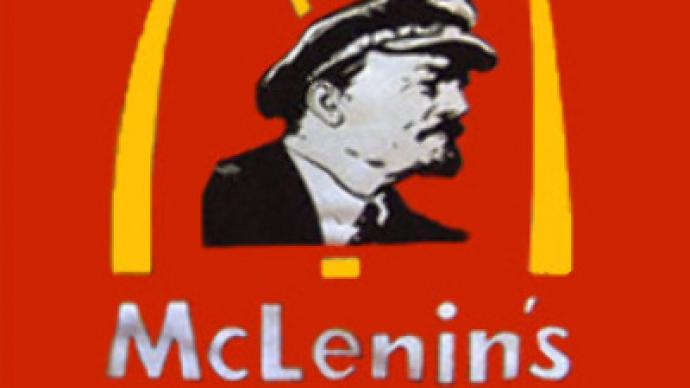Tuesday's Russian Press Review

Russian newspapers continue to speculate about the causes of the Aeroflot-Nord Boeing 737-500 crash in Perm. But the main focus of the press is President Dmitry Medvedev’s meeting with the leaders of Russia’s business community. There are also pieces on E
KOMMERSANT writes, under the headline “Access to the High Ear”, that the meeting between the President and business leaders was mostly about the businessmen explaining to the President how hard it is to work in business today. The paper says members of the Russian Union of Industrialists and Entrepreneurs and other business organizations gave the President their accounts of various problems ranging from the impact of the Georgian attack on South Ossetia to the idea of bailing out several private companies, currently in crisis, with government money. The paper writes, in response to that there was only one promise from the President: to look into the idea of lowering VAT from 18 to 12 per cent. And, continues the paper, it is highly possible that the man giving the answer in a few days will not be President Medvedev but Prime Minister Putin.
IZVESTIA suggests that the pilot of the doomed Boeing 737 had reasons to hide engine trouble from traffic control and that he hoped to weather the problem himself without telling anyone. The paper hints at company policy at Aeroflot-Nord forbidding staff to “wash dirty linen in public” in any form. Aeroflot-Nord, says the paper, was about to lose its status as an affiliate of Aeroflot International Airlines together with the permit to use the Aeroflot brand name. The paper says a burning engine could have become an embarrassment and a ticket out for the whole company, so the crew decided to risk an unguided second attempt at landing, and miscalculated. The newspaper speculates that the traffic controller who spoke to the pilot last could have guided the aircraft with one burning engine all the way down to a safe landing on the first take.
The same paper reports on the President’s meeting with business leaders: Dmitry Medvedev comforted Russia’s top industrialists by saying that adopting sanctions against Russia would be useless, so the West would not rush to do that.
VEDOMOSTI sees the same meeting from another angle: the paper says the President is “threatening the business community with social security-related taxes” if the Union of Industrialists and Entrepreneurs insists on its suggestion to lower VAT. The paper quotes the leader of the Union, Alexander Shokhin: “We will take our stand on this issue.”
ROSSIYSKAYA GAZETA tells the same story from yet another angle. For this newspaper the main meaning of the meeting is in the clear words pronounced by President Medvedev in response to fears of the re-emergence of the Soviet Union, Cold War and nuclear arms race: “Russia needs neither militarisation of the economy nor state domination of the economy.”
VREMYA NOVOSTEI writes that President Dmitry Medvedev believes that in all external matters the State and the business community often stand together and, in many cases, share a single policy. There could be competition and disagreements on the internal market, says the paper, but to the outside world Russia would be showing its monolithic side, with the State protecting business and the business faithful for agreements with the State.
The same paper reports on the NATO Secretary General’s visit to Tbilisi. It says, Secretary General Jaap de Hoop Scheffer is promising to widen and deepen NATO’s cooperation with Georgia while simultaneously criticizing the EU for “softness” in its agreement with Russia on South Ossetia and Abkhazia. However, notes the paper, the Secretary speaks only of “cooperation achieving a higher level” but if the Georgians ask him: ‘when will Georgia be accepted into NATO?’ For that, he has no answer.
NEZAVISIMAYA GAZETA outlines the future of Russia-U.S. cooperation in space. Dr. Yuri Karash of the Russian Academy of Space Research writes that there are two factors that will keep the U.S. and Russia in the outer space together: one is the fact that politically, unlike in the times of the Cold War, the U.S. is dependent on Russia as a strategic partner much more than Russia depends on the U.S. – in Afghanistan, at negotiations with North Korea and in many other places. Secondly, Russia can do without the U.S. in space. Russia can even maintain the ISS single-handedly, but the U.S. cannot work in space without Russia. At the moment, with the Space Shuttle program being shut down, the U.S. is totally dependent on Moscow for its space research: in getting there, in fulfilling its obligations to other participating nations by getting their astronauts there, and in getting them, including U.S. astronauts, safely back to Earth. In such circumstances, says the article, it is highly possible that cooperation in space may end up being the sole reminder of the fact that strategic partnership between Moscow and Washington is more alive than dead.
Evgeny Belenkiy, RT












